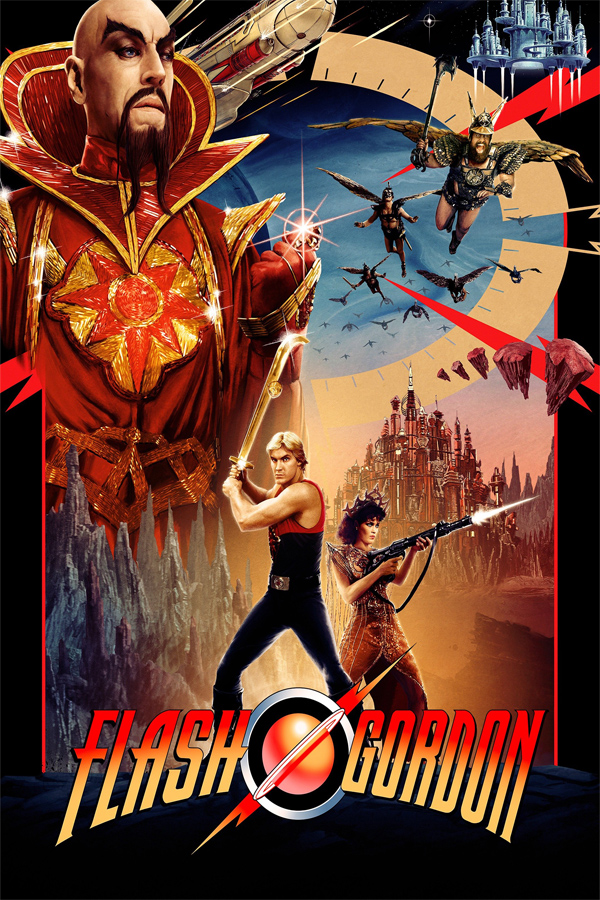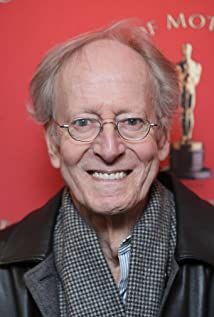John Barry
John Barry was born in York, England in 1933, and was the youngest of three children. His father, Jack, owned several local cinemas and by the age of fourteen, Barry was capable of running the projection box on his own - in particular, The Rialto in York. As he was brought up in a cinematic environment, he soon began to assimilate the music which accompanied the films he saw nightly to a point when, even before he'd left St. Peters school, he had decided to become a film music composer. Helped by lessons provided locally on piano and trumpet, followed by the more exacting theory taught by tutors as diverse as Dr Francis Jackson of York Minster and William Russo, formerly arranger to Stan Kenton and His Orchestra, he soon became equipped to embark upon his chosen career, but had no knowledge of how one actually got a start in the business. A three year sojourn in the army as a bandsman combined with his evening stints with local jazz bands gave him the idea to ease this passage by forming a small band of his own. This was how The John Barry Seven came into existence, and Barry successfully launched them during 1957 via a succession of tours and TV appearances. A recording contract with EMI soon followed, and although initial releases made by them failed to chart, Barry's undoubted talent showed enough promise to influence the studio management at Abbey Road in allowing him to make his debut as an arranger and conductor for other artists on the EMI roster.
A chance meeting with a young singer named Adam Faith, whilst both were appearing on astage show version of the innovative BBC TV programme, Six-Five Special (1957), led Barry to recommend Faith for a later BBC TV series, Drumbeat (1959), which was broadcast in 1959. Faith had made two or three commercially unsuccessful records before singer/songwriter Johnny Worth, also appearing on Drumbeat, offered him a song he'd just finished entitled What Do You Want? With the assistance of the JB7 pianist, Les Reed, Barry contrived an arrangement considered suited to Faith's soft vocal delivery, and within weeks, the record was number one. Barry (and Faith) then went from strength to strength; Faith achieving a swift succession of chart hits, with Barry joining him soon afterwards when the Seven, riding high on the wave of the early sixties instrumental boom, scored with Hit & Miss, Walk Don't Run and Black Stockings.
Faith had long harboured ambitions to act even before his first hit record and was offered a part in the up and coming British movie, Wild for Kicks (1960), at that time. As Barry was by then arranging not only his recordings but also his live Drumbeat material, it came as no surprise when the film company asked him to write the score to accompany Faith's big screen debut. It should be emphasised that the film was hardly a cinematic masterpiece. However, it did give Faith a chance to demonstrate his acting potential, and Barry the chance to show just how quickly he'd mastered the technique of film music writing. Although the film and soundtrack album were both commercial successes, further film score offers failed to flood in. On those that did, such as Never Let Go (1960) and The Amorous Mr. Prawn (1962), Barry proved highly inventive, diverse and adaptable and, as a result, built up a reputation as an emerging talent. It was with this in mind that Noel Rogers, of United Artists Music, approached him in the summer of '62, with a view to involving him in the music for the forthcoming James Bond film, Dr. No (1962).
He was also assisted onto the cinematic ladder as a result of a burgeoning relationship with actor/writer turned director Bryan Forbes, who asked him to write a couple of jazz numbers for use in a club scene in Forbes' then latest film, The L-Shaped Room (1962). From this very modest beginning, the couple went on to collaborate on five subsequent films, including the highly acclaimed Seance on a Wet Afternoon (1964), King Rat (1965) and The Whisperers (1967). Other highlights from the sixties included five more Bond films, Zulu (1964), Born Free (1966) (a double Oscar), The Lion in Winter (1968) (another Oscar) and Midnight Cowboy (1969).

